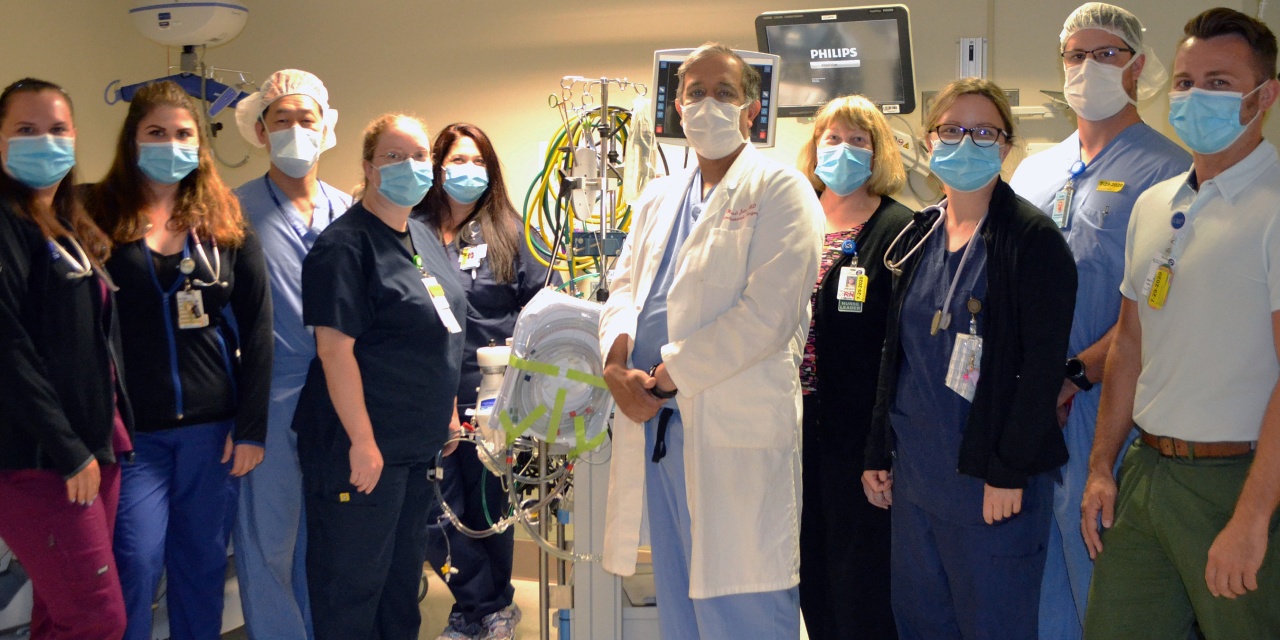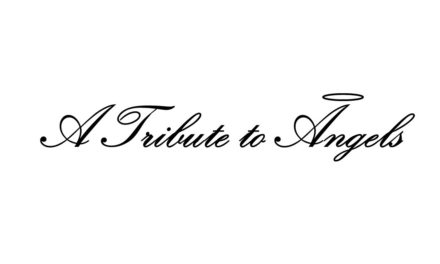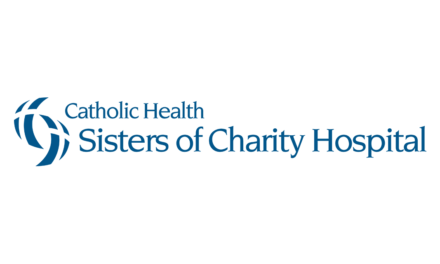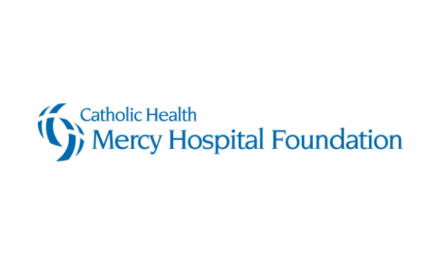ECMO Life Support Therapy Becomes Unsung Hero in COVID-19 Battle

Advanced Technology Offers a Chance at Survival When Ventilators Aren’t Enough
There has been a lot of talk about the use of ventilators in the treatment of patients with severe COVID-19. But Mercy Hospital of Buffalo has another, less publicized medical device that can help the most critically ill COVID patients when ventilators alone are not enough.
ECMO, short for extracorporeal membrane oxygenation, is a form of life support that uses a sophisticated machine to take over the functions of the heart and lungs when a patient’s organs are too sick or weak to work on their own. Similar to a heart-lung bypass device, ECMO is not a cure for COVID-19, but rather a therapy that allows the heart or lungs to rest and recover, while giving physicians more time to effectively treat the disease.
“ECMO is often the last line of defense in this COVID battle,” said Harsh Jain, MD, a cardiothoracic surgeon at the Catholic Health Heart Center at Mercy Hospital and Medical Director of the hospital’s ECMO program. “We’re fortunate to be among an elite group of hospitals across the country and the world to have this advanced technology and a highly skilled cardiac team to offer this lifesaving care.”
Using ECMO to Treat COVID-19
Since the start of the outbreak, six COVID-19 patients have been treated with ECMO at Mercy Hospital, four of whom have recovered and are back home with their loved ones. “That may seem like a small number, but from a global perspective, there have only been about 1,900 COVID-19 patients worldwide who have been placed on ECMO,” explained Dr. Jain. “This is because not only are there very few hospitals around the world equipped with this technology—including just 264 out of 6,000 hospitals in the United States—but there is stringent patient criteria to use this therapy looking at such factors as age and health status prior to COVID.”
While studies show the current survival rate for ECMO patients with lung issues is around 60% to 70%, the survival rate for ECMO COVID patients is still being determined.
ECMO gained popularity as an effective therapy for patients with severe respiratory diseases during the H1N1 pandemic in 2009. As a member of the Extracorporeal Life Support Organization (ELSO), an international consortium of healthcare institutions that evaluate life support therapies, the Heart Center at Mercy Hospital is participating in a COVID-19 Registry, which is tracking COVID patients who have used ECMO and sharing the latest information with providers.
“Because there is an increased risk of clotting and bleeding, ECMO is a very labor intensive treatment requiring 24/7, one-on-one care and constant monitoring by both a Cardiovascular Intensive Care Unit (CVICU) critical care nurse and an ECMO specialist or perfusionist,” said Dr. Jain. “We have five ECMO machines at Mercy Hospital and many of our CVICU nurses are certified ECMO specialists, which means they have advanced training to provide the highest quality care.”
COVID-19 Survivors Say ECMO Saved Them
COVID-19 survivors Craig Shaffer, age 50, and Darrell Wright, age 53, say they owe their lives to the ECMO service at Mercy Hospital, and are grateful to the doctors, nurses and healthcare technicians who cared for them.
Craig, a nursing home administrator, was placed on a ventilator at Catholic Health’s COVID-19 Treatment Facility at St. Joseph Campus after testing positive for the virus in April. After about six weeks on a ventilator, he was transferred to Mercy Hospital’s CVICU for more than three weeks of ECMO therapy to give his lungs the chance to rest and heal. Following another stay at St. Joseph Campus, he was transferred to the Medical Rehabilitation Unit (MRU) at Kenmore Mercy Hospital for the final stage of his recovery. From start to finish, Craig spent more than two months battling COVID-19 before being discharged from Kenmore Mercy on July 4, an Independence Day to remember.
“So many amazing healthcare workers helped Craig through this unbelievably long journey,” wrote Craig’s girlfriend Cindy Cieslinski in a post on Mercy Hospital’s Facebook page, “every single person made a difference and I am so grateful….Craig sends his heartfelt thanks for saving his life.”
Darrell Wright, a nurse at Sisters of Charity Hospital, was equally appreciative of the care he received during his fight against COVID. He was admitted to the COVID-19 Treatment Facility at St. Joseph Campus on March 30 in respiratory distress and placed on a ventilator. After nine days, he was transferred to Mercy Hospital’s CVICU where he spent two weeks on ECMO. Like Craig, he eventually made his way to Kenmore Mercy’s MRU before returning home on May 19.
“I was probably as sick as you can possibly get with COVID, and not being able to see my wife was difficult,” said Wright, “but the support I received from my colleagues at Sisters Hospital was overwhelming and the care was outstanding throughout my experience. I am especially grateful for having access to the ECMO device that helped me beat this disease.”
“I wanted to become a nurse because of my desire to help people,” he added. “It’s important for people to have that calling, since without them, I wouldn’t be here today.”
Dr. Jain summed it up best when he said, “We are extremely proud of our dedicated ECMO team, and to see these patients get another chance at life and reunite with their family and friends is very gratifying.”




